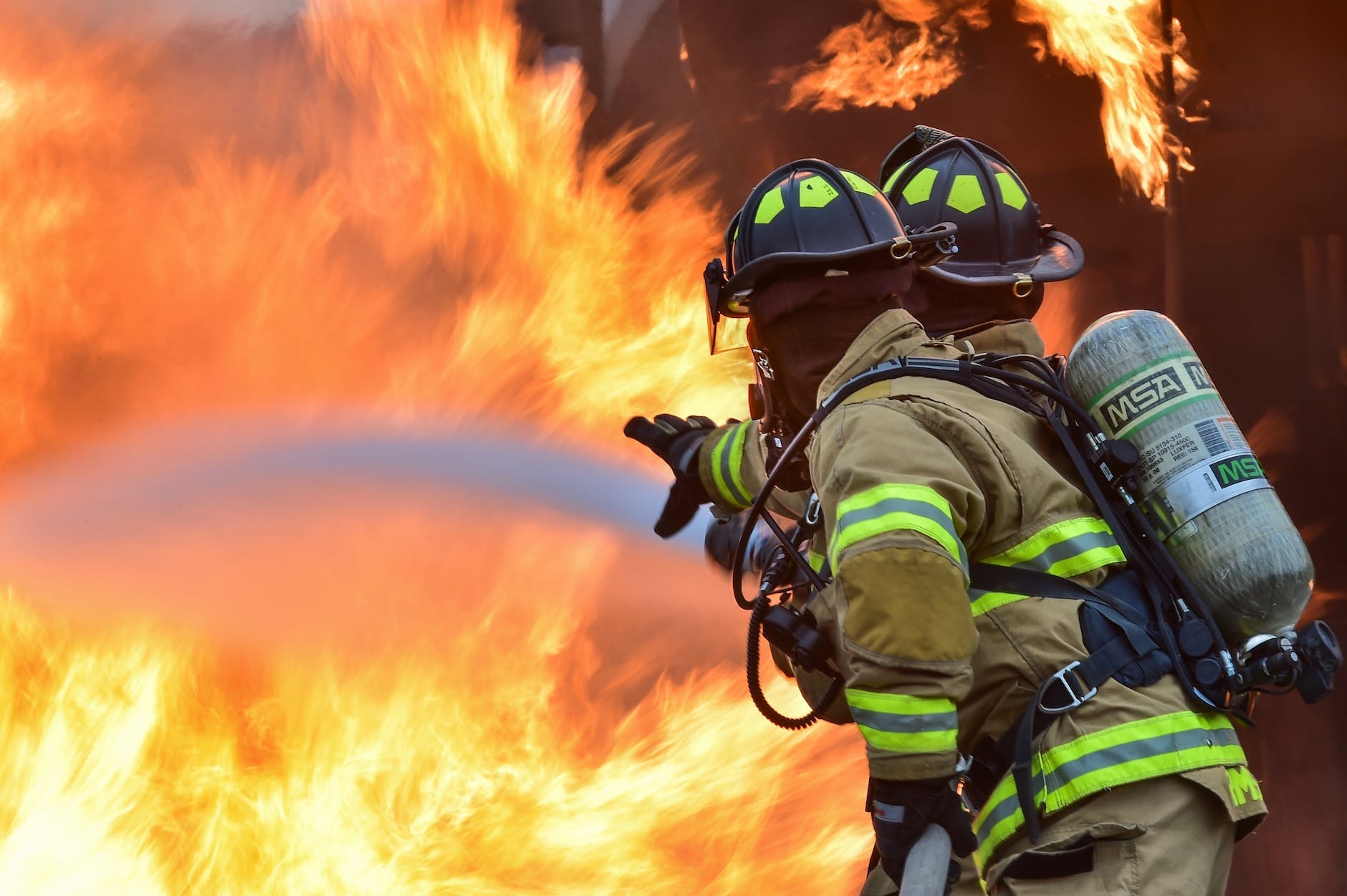
Introduction:
Fire Safety Officers play a crucial role in safeguarding lives and property from the devastating effects of fires. Their expertise and preparedness are paramount in mitigating risks and ensuring the safety of people in residential, commercial, and industrial settings. In this blog post, we will delve into the ten essential skills that every Fire Safety Officer should master to excel in their vital role and keep communities safe.
10 Essential Skills Every Fire Safety Officer Should Master 🔥
Firefighting Techniques and Equipment Proficiency:
The foundation of a Fire Safety Officer’s skillset lies in their knowledge of firefighting techniques and equipment. Understanding the different types of fires, fire behavior, and the appropriate firefighting methods is essential. Mastering the operation of firefighting equipment such as fire extinguishers, hoses, and protective gear is vital in managing emergency situations effectively.
Risk Assessment and Hazard Identification:
A skilled Fire Safety Officer possesses the ability to conduct thorough risk assessments and identify potential hazards in various environments. This skill allows them to proactively address fire risks, implement preventive measures, and develop effective emergency response plans.
Emergency Response Planning:
Creating comprehensive emergency response plans tailored to specific locations is a crucial skill for Fire Safety Officers. They must be able to strategize and coordinate actions for evacuations, crowd control, and communication during fire emergencies to minimize panic and ensure a smooth evacuation process.
Fire Safety Inspections and Code Compliance:
Fire Safety Officers must be well-versed in fire safety codes and regulations. Their ability to conduct thorough inspections of buildings and premises ensures compliance with safety standards, reducing the risk of fire incidents and ensuring the safety of occupants.
Fire Safety Education and Training:
An effective Fire Safety Officer excels in educating the public and employees about fire safety measures. Conducting training sessions and workshops equips individuals with the knowledge to respond appropriately in emergencies, potentially saving lives.
Incident Command and Leadership:
During fire emergencies, strong leadership and incident command skills are vital. Fire Safety Officers must be able to take charge, make critical decisions, and coordinate firefighting teams efficiently to handle complex situations and prevent further escalation.
Communication and Public Relations:
Effective communication is key in the role of a Fire Safety Officer. They should be able to communicate clearly and calmly during emergencies, providing instructions to occupants and coordinating with other emergency response agencies. Building positive public relations fosters cooperation and support from the community.
Understanding Building Construction and Fire Dynamics:
In-depth knowledge of building construction and fire dynamics enables Fire Safety Officers to predict how fires might spread within structures. This knowledge is instrumental in formulating effective firefighting strategies and evacuation plans.
Technical Expertise in Fire Safety Systems:
Fire Safety Officers must be familiar with the installation and maintenance of fire safety systems, such as fire alarms, sprinkler systems, and smoke detectors. Regular checks and proper functioning of these systems enhance overall fire safety preparedness.
Stress Management and Emotional Resilience:
Fire Safety Officers often face high-stress situations and witness distressing scenes. Developing emotional resilience and stress management skills is crucial to maintain mental well-being and continue providing effective services.
Conclusion:
Becoming a proficient Fire Safety Officer requires a diverse skillset and unwavering dedication to protecting lives and property from the ravages of fire. By mastering these ten essential skills, these professionals can not only excel in their roles but also contribute significantly to creating safer communities and promoting fire awareness. Their commitment to continuous learning and improvement ensures that they are always at the forefront of fire safety initiatives, making a lasting impact in their line of duty.
























